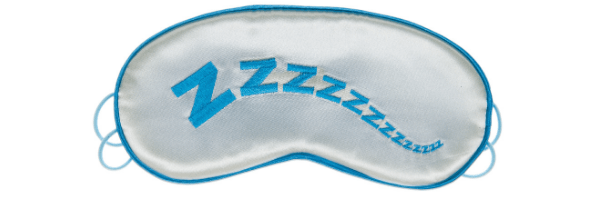For many of us the Pandemic became the Covid-25 pound weight gain! Schedules have gone out the window, activity is different, stress is up and with that eating became a weighty issue! So whether you are one of the Pandemic 25 Pounders or whether you would just like to slim down for a healthier you, allow us to suggest you just go to bed!
While what you eat and the portions you feed yourself will always be a weight determinant, sometimes the missing component in a healthy lifestyle is the one that is actually the easiest to fix! Believe it or not, getting 7-8 hours of sleep each night is associated with a leaner body mass index. So, while you can’t just snooze to lose, prioritizing sleep is an important part of everyone’s weight loss planning.
Sleep deprivation is associated with higher levels of the Ghrelin and lower levels of Leptin the hormones that signal hunger, decrease your ability to detect that you are full and lower your metabolism which means that you are burning fewer calories in your sedentary state.
For those who manage only 5 hours of sleep each night, the hormone called Ghrelin increases by 14.9%. This is the hormone that tells your brain that you are hungry. At the same time, the hormone Leptin decreases by a huge 15.5%. Leptin is the companion hormone to Ghrelin. Leptin tells the brain you are full and should stop eating.
The other hormone that gets engaged with the 5-hour sleepers is cortisol. Cortisol is the stress hormone and part of the way it protects us from stress is to store fat. It is a holdover from the days when fight or flight meant that we would risk starving. That means that sleep deprived people will feel hunger and then be chemically set up to store the extra calories as fat.
The studies show that people who are sleeping for less than 7 hours a night eat an average of 559 calories every day. That equates to an average weight gain of 1 pound every week. On average, people who are sleep deprived tend to be 124% higher in body fat and are 27% more likely to be obese.
The companion to cortisol is insulin resistance. That means that with the weight gain, driven in part by the higher levels of cortisol, comes the inability to process to process carbohydrates. And we know that chronically high cortisol leads to chronically high insulin resistance which leads back to having chronically high cortisol. It is, without a doubt, a vicious circle.
There is good news! Sleep! Sleep for a full 8-9 hours a night and your hormones will backpedal with you! Your Leptin increases, leaving you feeling fuller. Your Ghrelin decreases, leaving you feeling less hungry. Your Cortisol goes down, leading to less fat storage and less Cortisol-driven insulin resistance. It is that extra time that allows your body to stay an average of 11 pounds lighter than your sleep-deprived friends.

